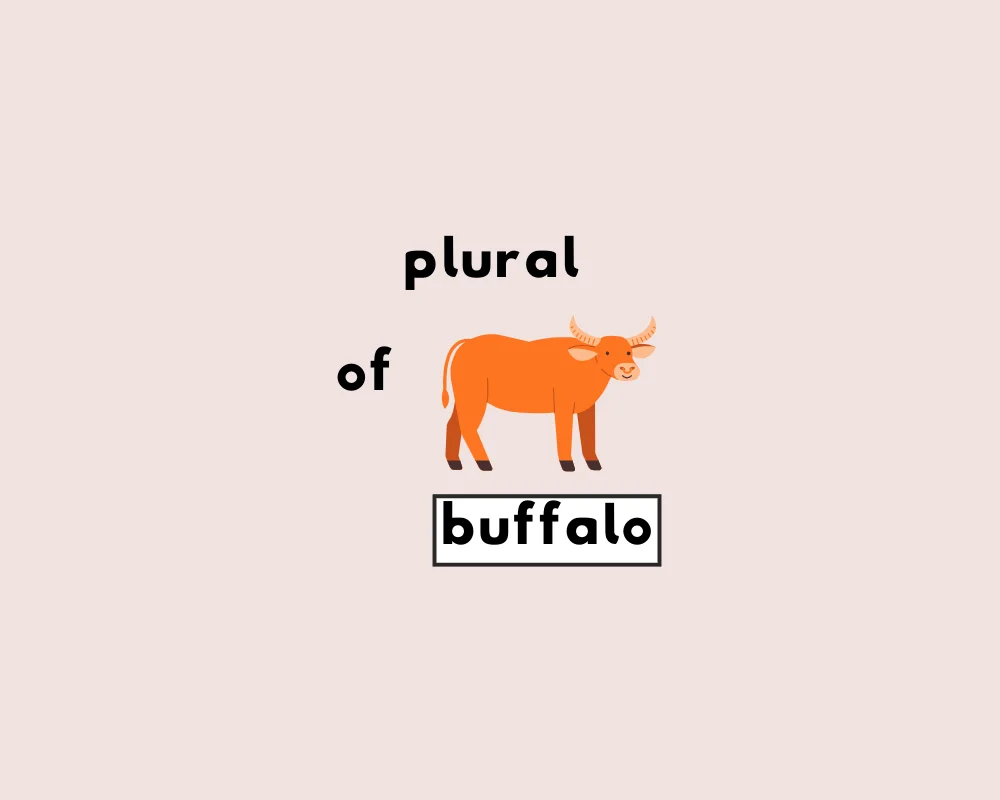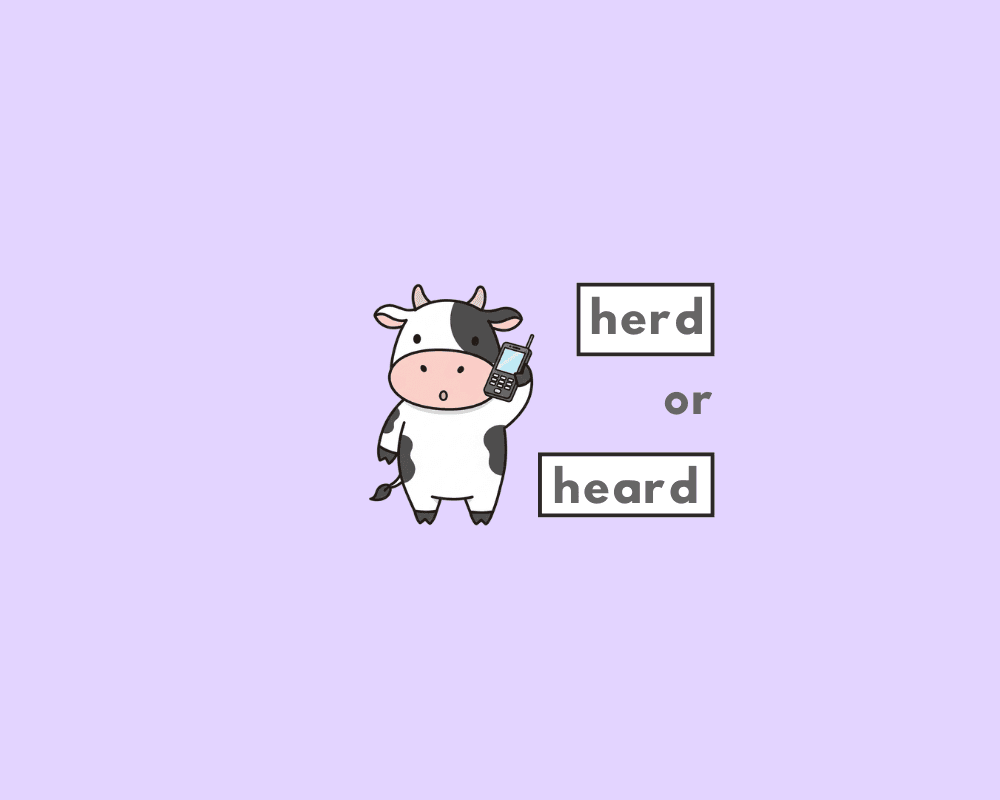Unless referring to the city in the state of New York, the plural of buffalo is buffalo, buffaloes or, less commonly, buffalos.
What’s the plural of “buffalo”?
Buffalo has three accepted plurals in English: buffalo, buffaloes, and buffalos.
One is not technically more or less correct than the other, though, as a rule of thumb, it’s best to stay consistent in form (so choose your buffalo and stick with it!)
What’s the singular of buffalo?
The singular of buffalo is buffalo.
Are “buffalos” the same as bison or oxen?
Dictionary.com defines buffalo as:
Any of several large wild oxen of the family Bovidae. Compare bison, Cape buffalo, water buffalo.
Well, there you have it, buffalo belong to the Bovidae family, which include cows and sheep (read: cloven-hoofed, ruminant mammals, which includes cattle, bison, buffalo, antelopes, and caprines).
Key differences between them are that buffalo originate from Africa and Asia, whereas bison have North American and European origin. They also bear differences in their physical traits that tell them apart from each other. As stated by the National Zoo
Bison have large humps at their shoulders and bigger heads than buffalo. They also have beards, as well as thick coats which they shed in the spring and early summer.
By ruminants, which is a distinguishing feature of the Bovine family, they have special stomachs that essentially store their food for their before digestion. Then, after they’ve sucked out all of the nutrients, they spit it back up and CHEW IT. That’s how these mammals maintain their heft while being herbivores. Pretty wild no pun intended!
Nouns that end in “-o”
Buffalo (pl. n.) has a convoluted history as a word (etymologically speaking). It came to Modern English from the Portuguese bufalo, meaning “water buffalo.” It’s speculated to have originally been from Greek or Latin, and then to the Portuguese bufalo. From there, eventually turning into the Americanized buffalo (and buffaloes; which is palpably more American).
Other o-ending nouns, like tomato, potato, and mango are from the Portuguese or Spanish languages as well. That’s right—the original birthplace of the potato is not Europe or North America, but South America.
| singular nouns ending in “-o” | plural “-es” / “-s” |
| tomato | tomatoes |
| buffalo | buffaloes or buffalo |
| potato | potatoes |
| hero | heroes |
| volcano | volcanos or volcanoes |
Buffalo/buffalos/buffaloes, in sentences
Traditionally, artisans would use cow and buffalo hide to make these sandals.—"Do They Have Gold in Them? ..." BBC.
Water buffalos milk provides a higher fat and protein content than conventional cows milk.—Kampkreek Dairies
Although these animals have “bison” three times in their scientific name, they are often called buffalos—NPS.gov
Lodge guests might encounter an occasional buffalo while walking beside tall pine trees.
Practice: Buffalo, singular or plural?
Last summer, we saw wild ______ roaming near the river.
The ______ is one of the largest animals in North America.
In the distance, dozens of ______ gathered at the watering hole.
FAQs
What are the accepted plurals of buffalo?
+
What is the singular of buffalo?
+
Should I use “buffali” or “buffalouses”?
+
Is one plural form of buffalo better?
+
Are buffalo the same animal as bison?
+
Sources
-
Definition of buffalo.
Yash, D. "How to Use Buffalo Plural (Buffalos, Buffalo, Buffaloes?)." Grammarflex, Sep 27, 2025, https://grammarflex.com/buffalo-plural/.








